We live in a paradise that requires vigilance and preparedness

From the Publisher’s desk.
Islandwide blackouts, homes and buildings destroyed, and a sense of fear across the island. These three things describe Puerto Rico both after Hurricane María and the recent earthquakes this past week.
One notable difference from these natural disasters, though, is that days before Hurricane María made landfall in Puerto Rico experts were tracking its path and offering predictions. This allowed officials to prepare with a plan and residents to prepare with storm shutters, propane, and other necessities. Unlike Hurricane María, Tuesday morning’s 6.4-magnitude quake woke the island with little warning but for the rumbles felt in the southwestern part of the island over New Year’s Eve.
Having felt the relief of ending the hurricane season last November without any major storm, many woke Tuesday morning after Three King’s Day festivities and found themselves without essential items needed to endure an islandwide blackout, like fresh drinking water, propane, batteries, and non-perishable food items. The Government and PREPA woke in chaos with no time to prepare for a situation that required immediate attention, like requesting help from FEMA for more generator power and evaluating public schools for safety. The island as a whole felt the shock of fear for unpredictability of earthquakes.
Puerto Rico’s location in the Caribbean means that the beautiful paradise we call home has to come to terms with the necessity of constant vigilance and preparedness for at least two kinds of catastrophic acts of nature: powerful hurricanes and unpredictable earthquakes and tremors.
And while the Government shares an important part of the burden of preparedness and emergency response, we can all commit to be more aware and prepared at all levels: as individuals, as families, as communities and even at the workplace and industry levels.
Although the frequency, magnitude, and onset of earthquakes can’t be predicted, there are still ways to prepare yourself and your family for natural disasters. Dr. José Molinelli, an expert on the subject, created a pamphlet and action plan for residents of San Juan in the case of an earthquake, but there are actions citizens from around the island can take to prepare. Here are 2 simple, but effective ways to do so:
1. Earthquake Emergency Plan
The first thing you should do is create an Earthquake Emergency Plan with your family. The plan should include what to do during the quake, the location of the emergency supplies, a method for reconnecting after the quake, and a plan for evacuation. Make sure the emergency plan is simple and concise so that it can be easily memorized. Once the plans are in place, rehearse them together.
2. Earthquake Preparedness Kit
The goal of your kit is to enable you and your family to be self-sufficient for a few days following an earthquake. With Puerto Rico’s weak electric system, it’s even more important to always store clean drinking water, non-perishable food items, flashlights, batteries, and a first aid kit. With the threat of earthquakes, the availability of these items in our homes can’t be limited to hurricane season. It should be a year-round inventory. Other items like a whistle, a pocketknife, clothes and matches are also important in the case of an emergency. Make sure to store your kit somewhere that it can be grabbed quickly.
As natural disasters continue to rattle Puerto Rico, it’s becoming more and more critical for citizens to remain vigilant and prepared. Have this month’s events made you take action? Let me know in the comments below.
*Mark E. Curry is a leading entrepreneur, philanthropist and impact investor. Curry founded SOL Partners in Puerto Rico in 2012, and in January 2017 completed acquisition of NotiCel. As Chair of the Mark E. Curry Family Foundation, he invests in critical community charitable organizations.
Popular ahora

Bienvenido a Noticel
Empieza a crear una cuenta
Verificación de cuenta
Te enviaremos un correo electrónico con un enlace para verificar tu cuenta. Si no lo ves, revisa tu carpeta de correo no deseado y confirma que tienes una cuenta vinculada a ese correo.
Has olvidado tu contraseña
Introduce el correo electrónico de tu cuenta y te enviaremos un enlace para restablecer la contraseña.
Has olvidado tu contraseña
Le hemos enviado un correo electrónico a {{ email }} con un enlace para restablecer su contraseña. Si no lo ve, revise su carpeta de correo no deseado y confírmeme que tiene una cuenta vinculada a ese correo electrónico.
Personaliza tu feed
Verifica que tu dirección de correo electrónico sea correcta. Una vez completado el cambio, utiliza este correo electrónico para iniciar sesión y administrar tu perfil.
Elige tus temas
- Deportes
- Economía
- El Tiempo
- Entretenimiento
- Más
- Noticias
- Opiniones
- Última Hora
- Vida y Bienestar
- Videos y Fotos

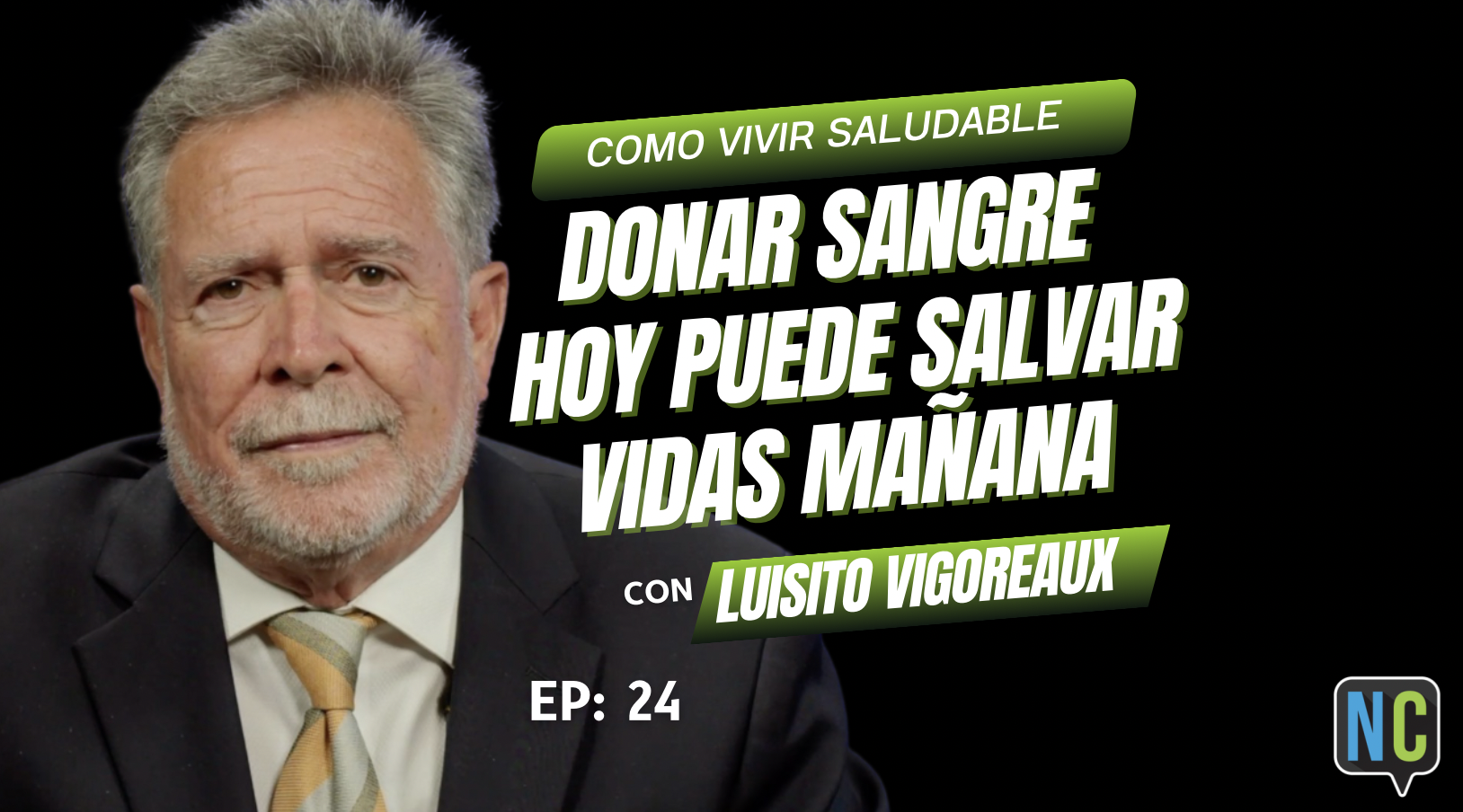
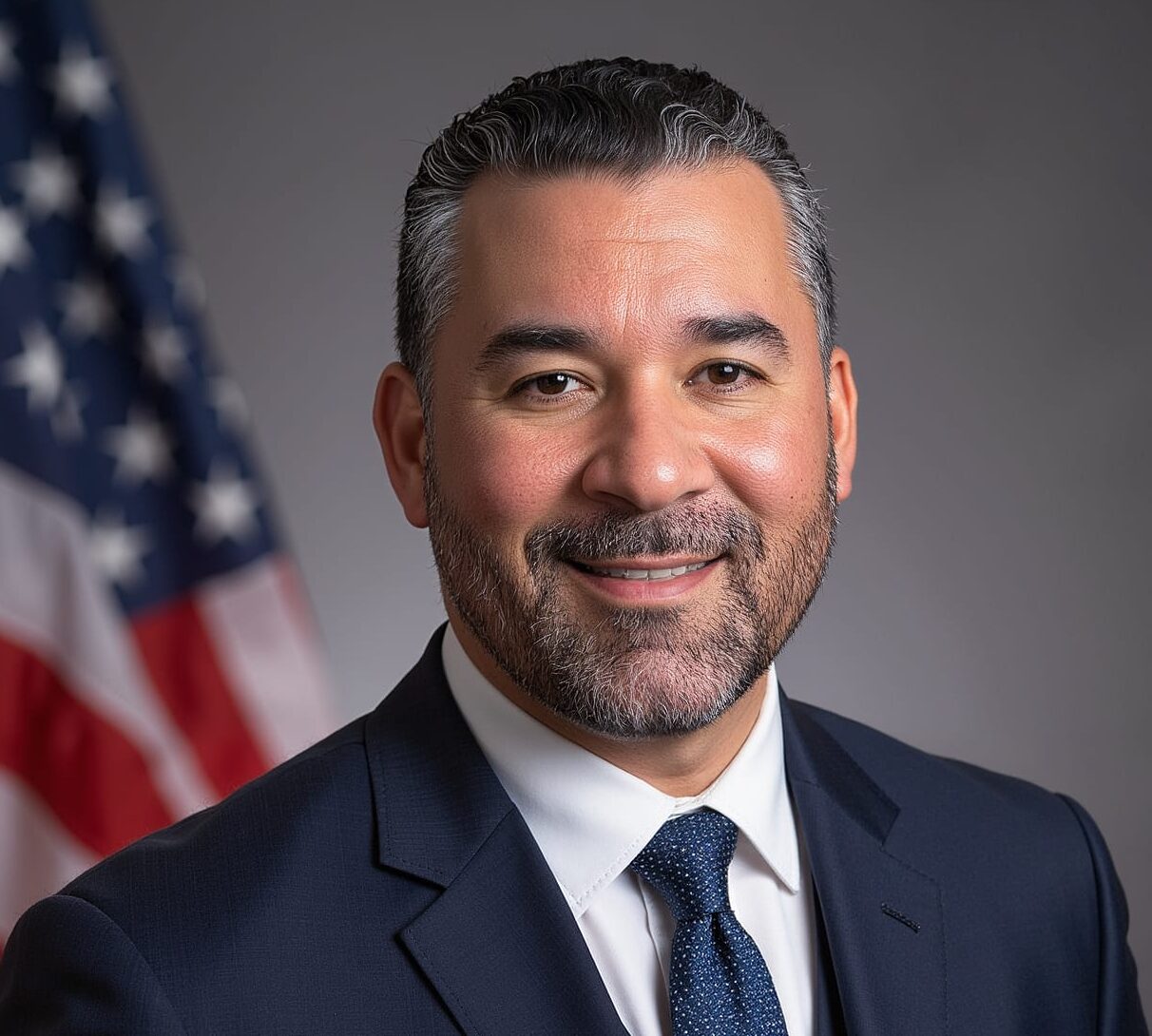


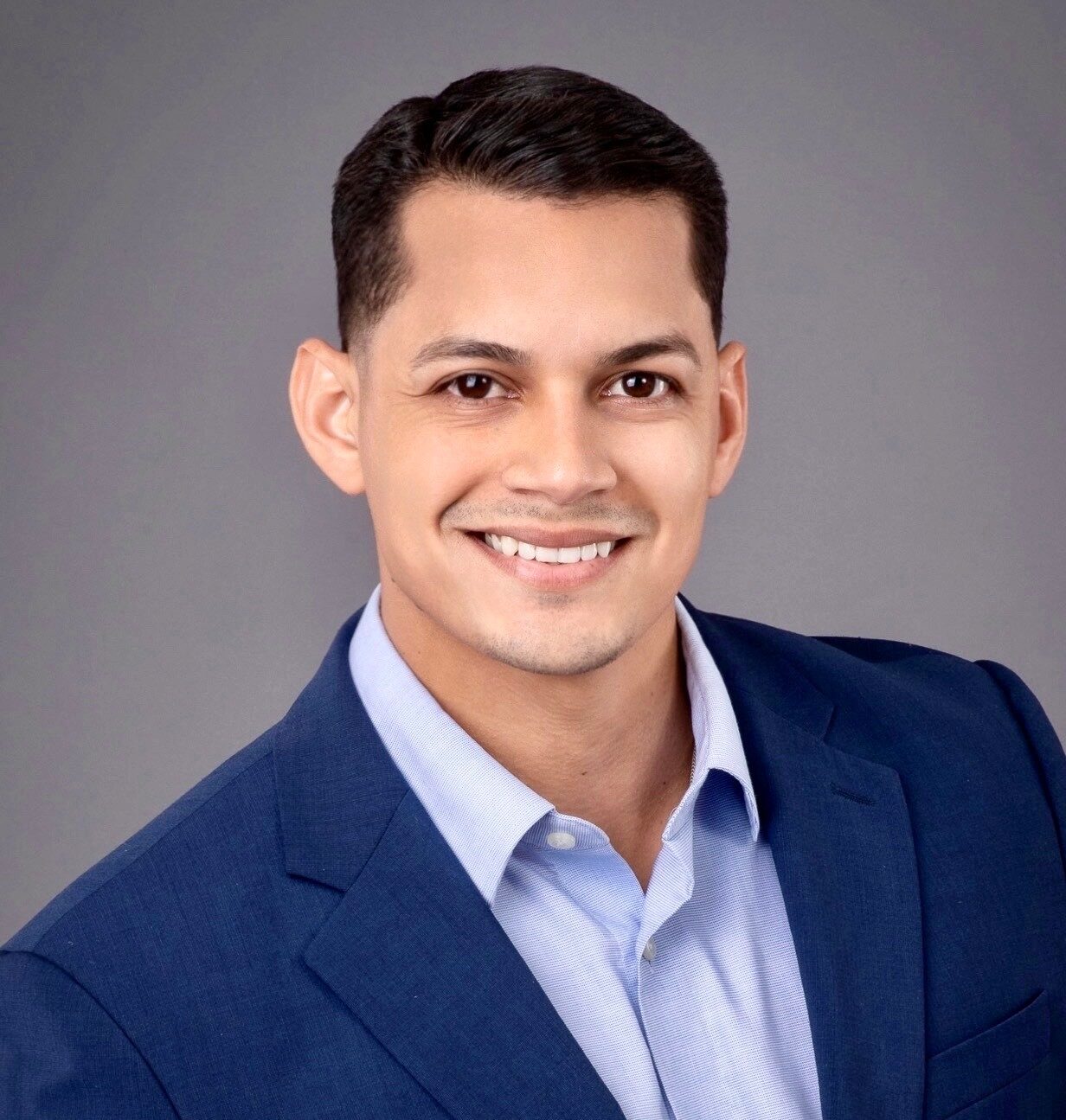
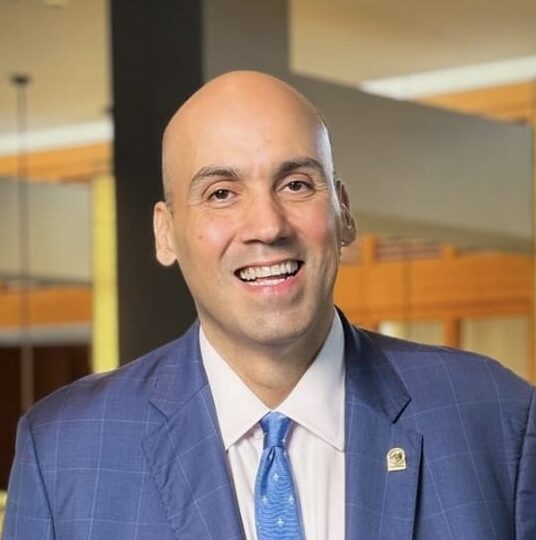
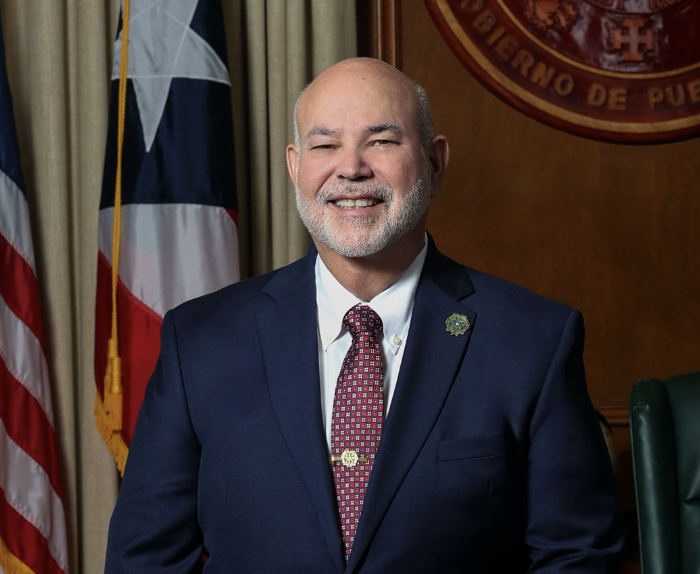
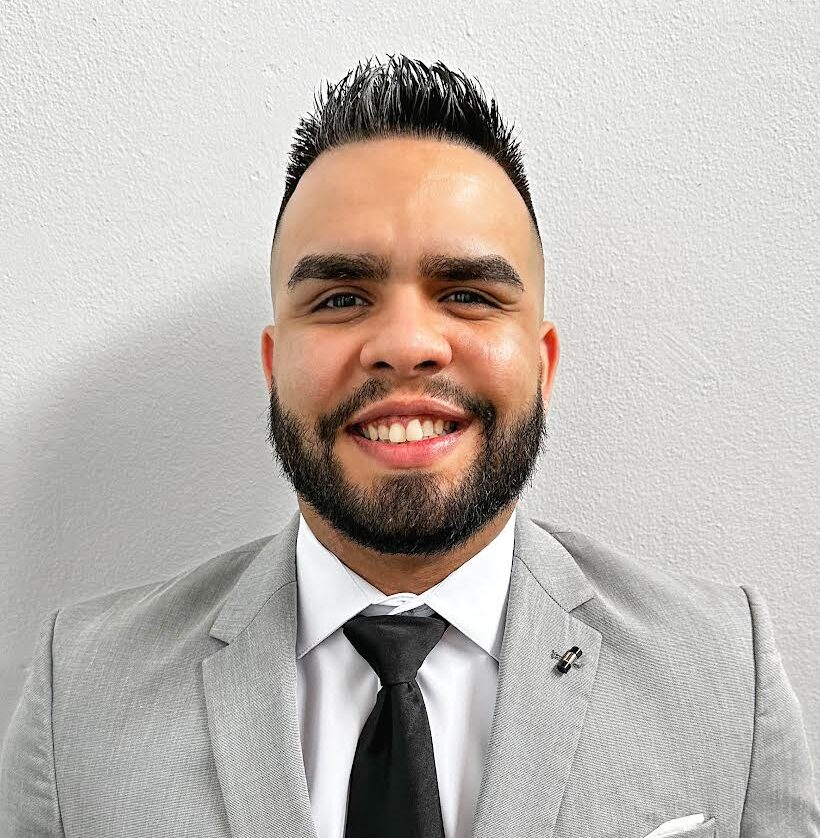
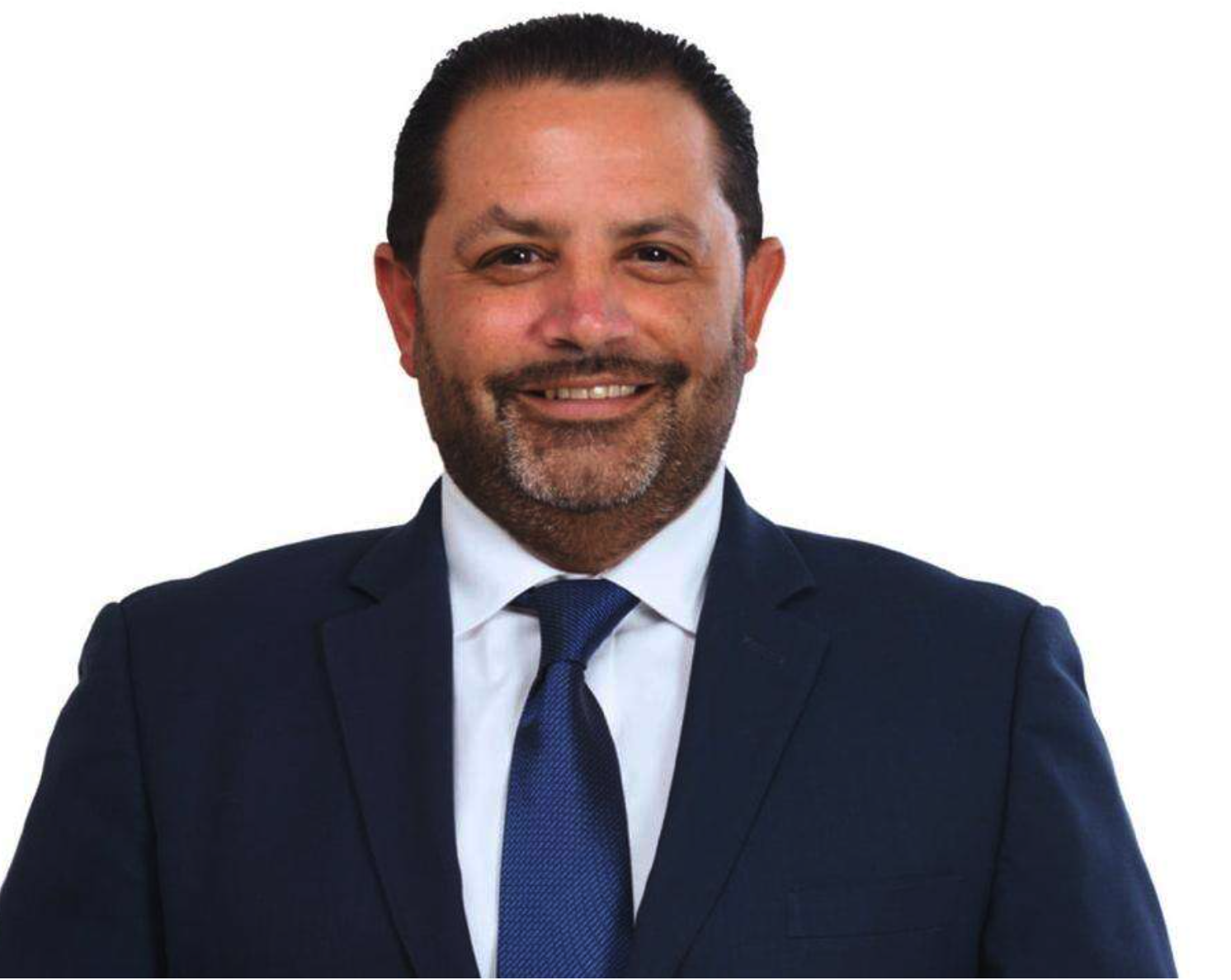
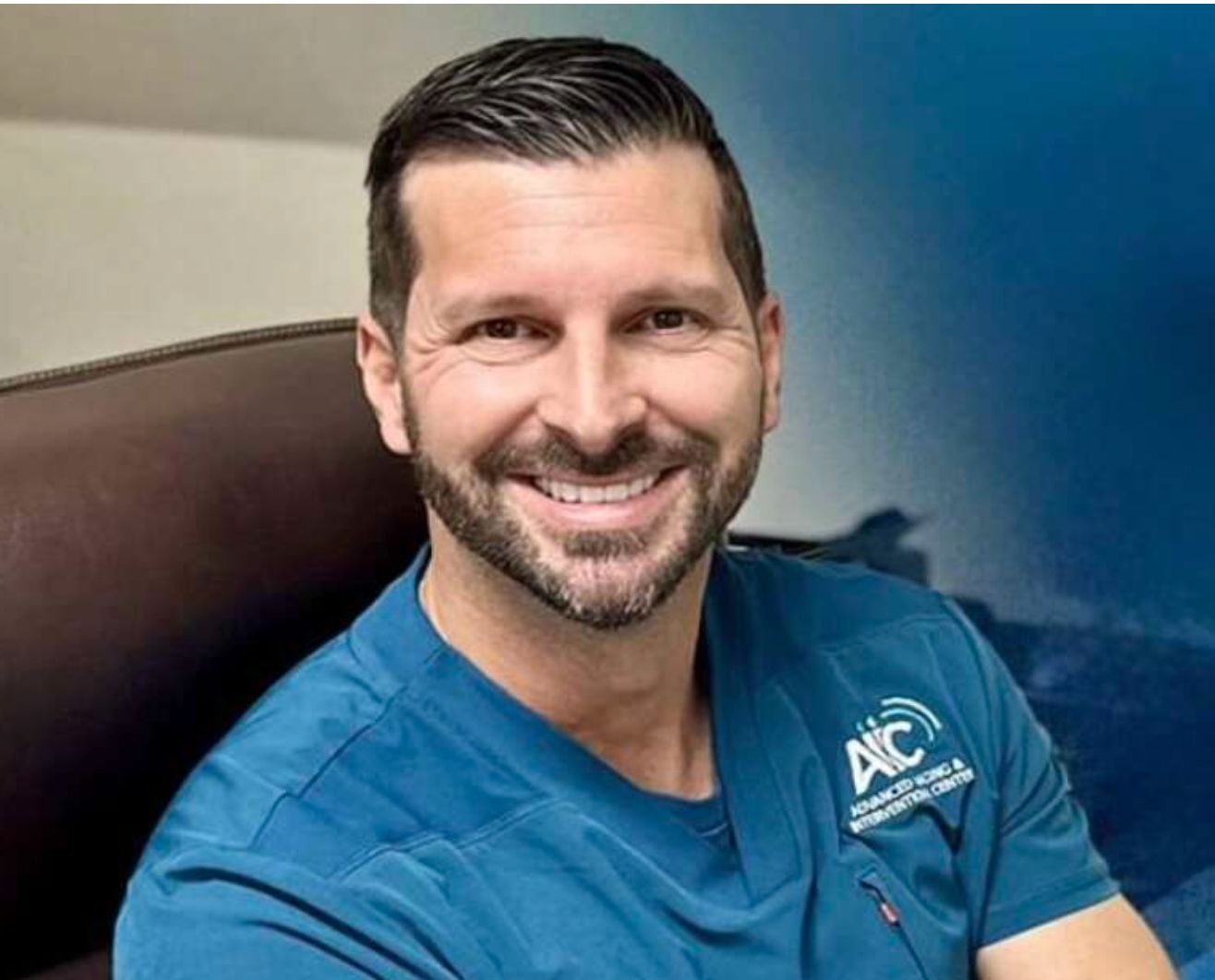
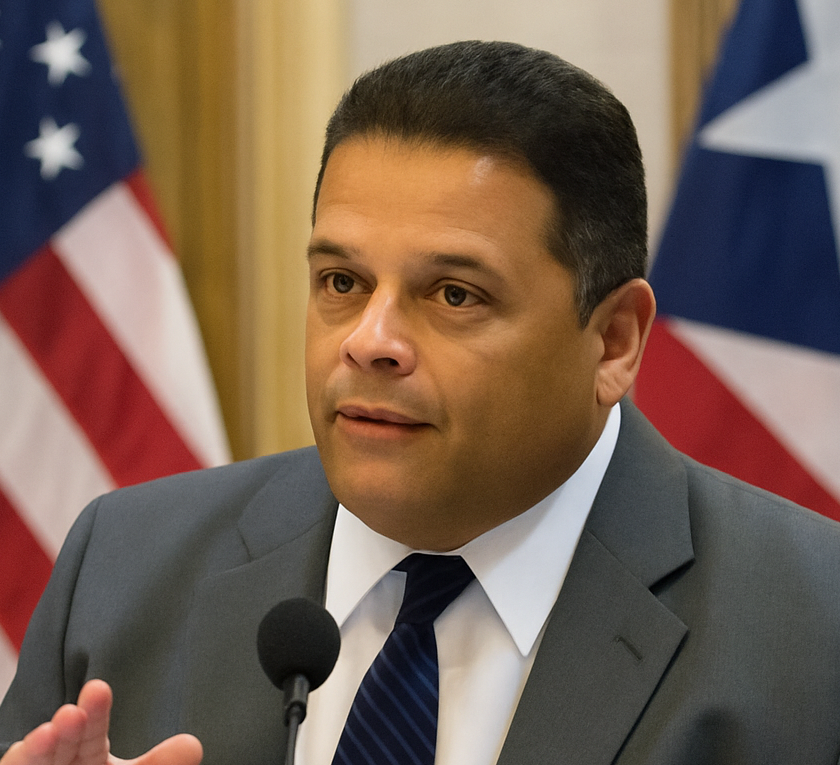

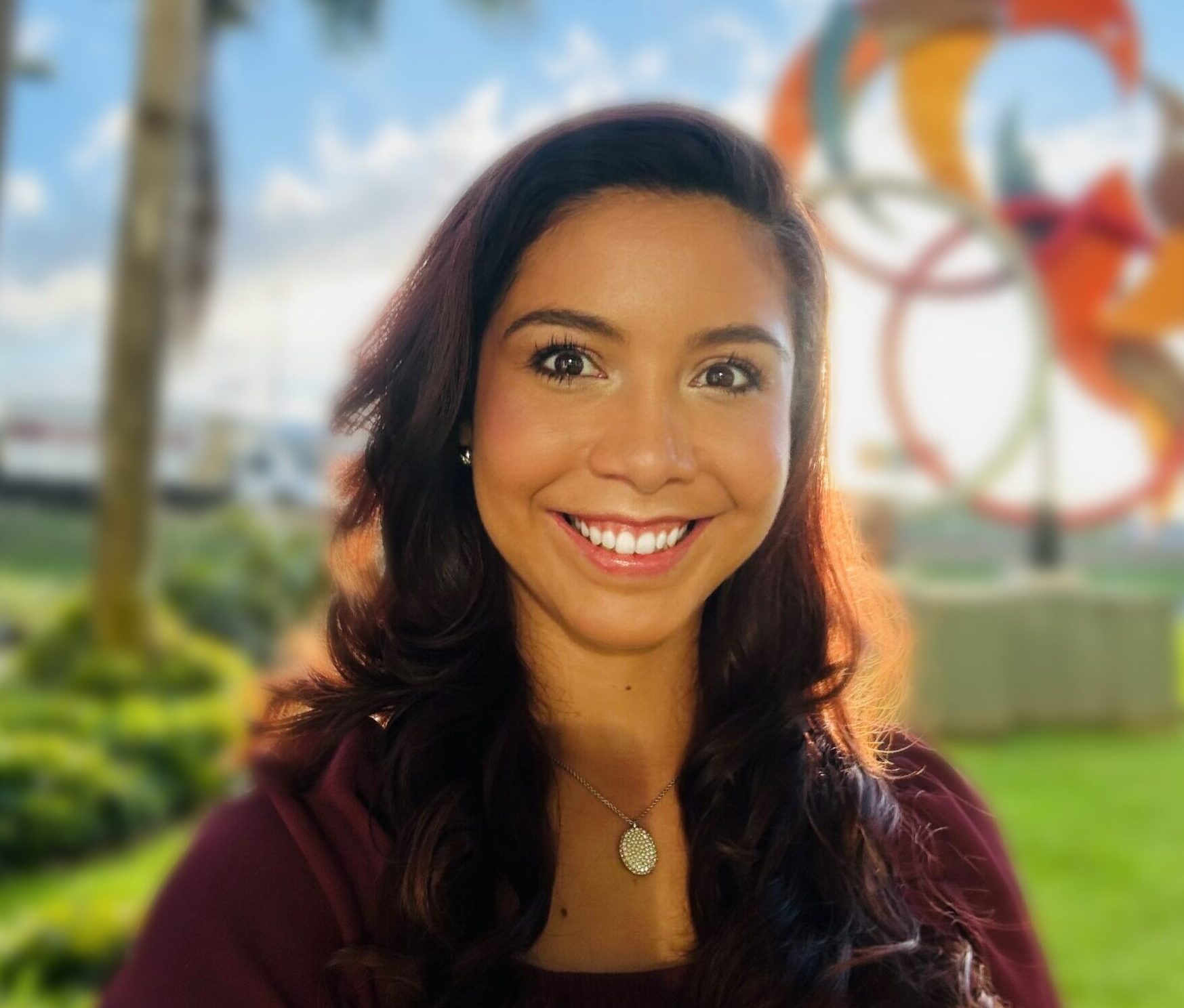


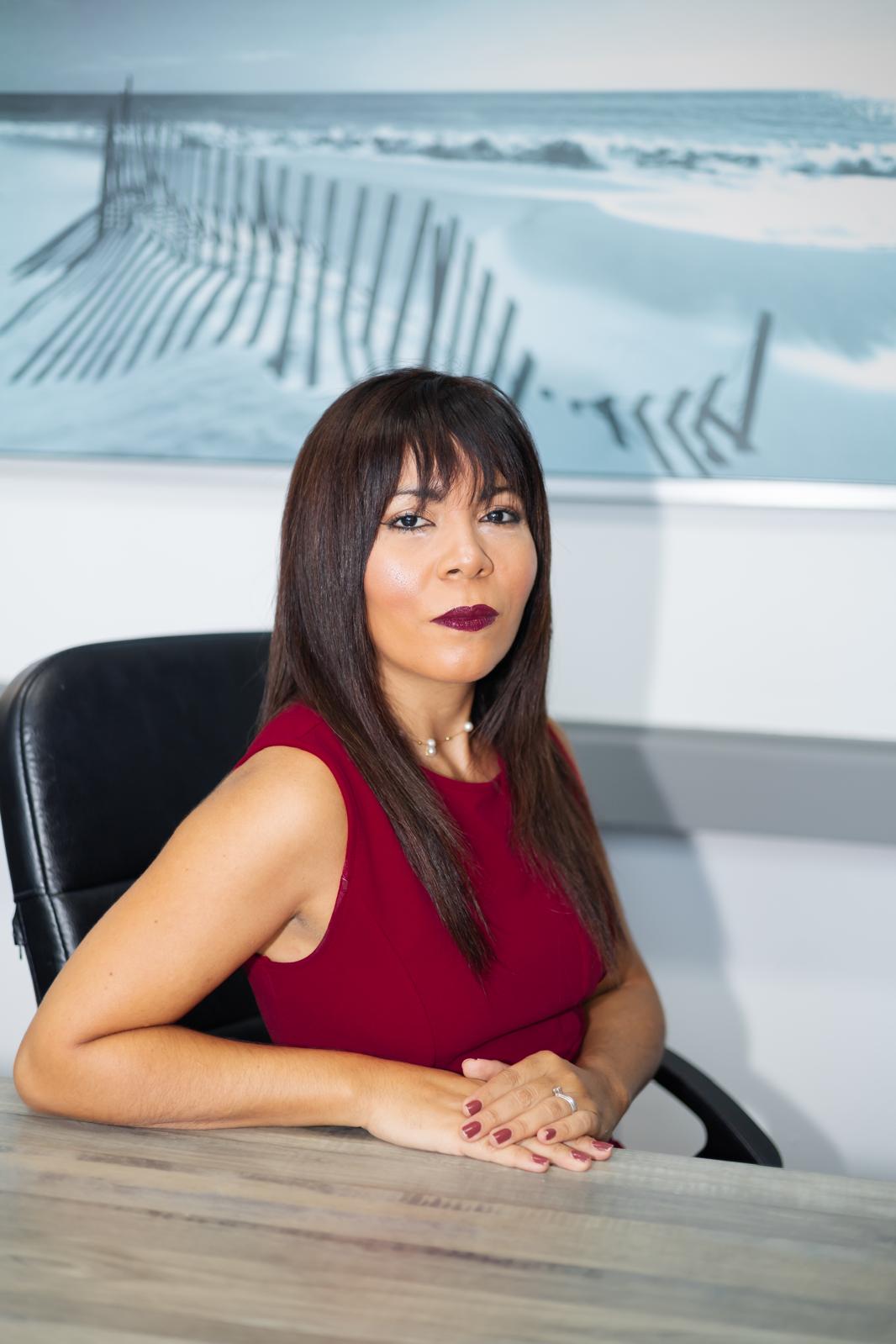
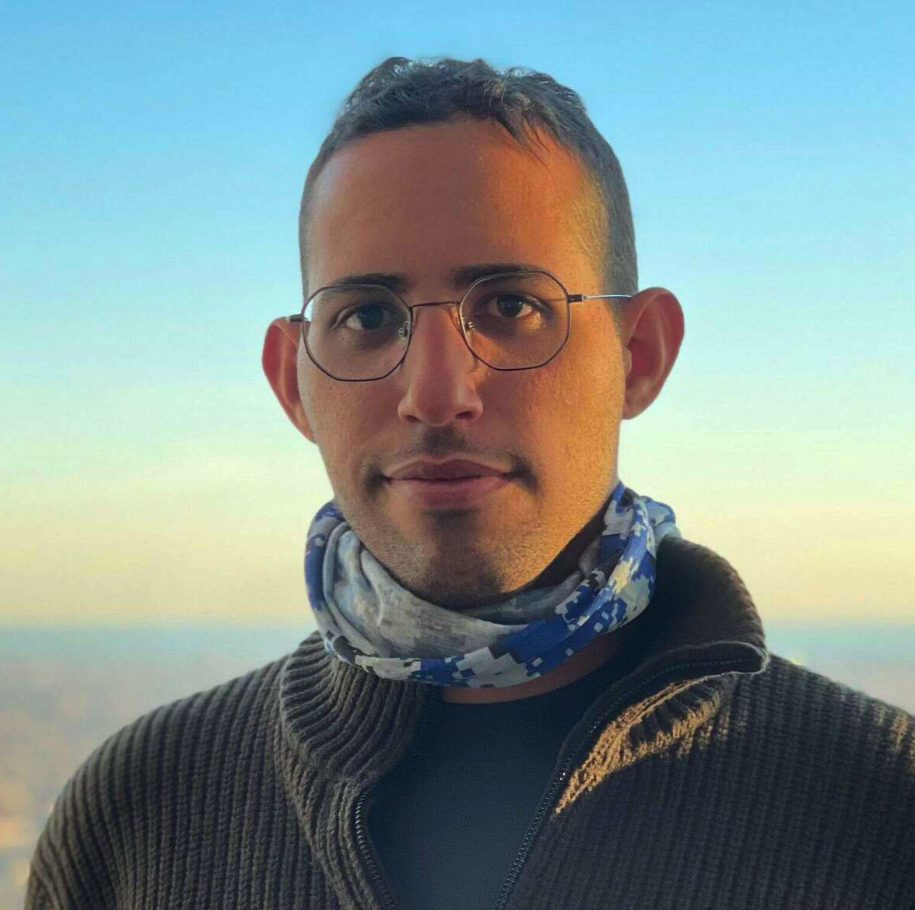
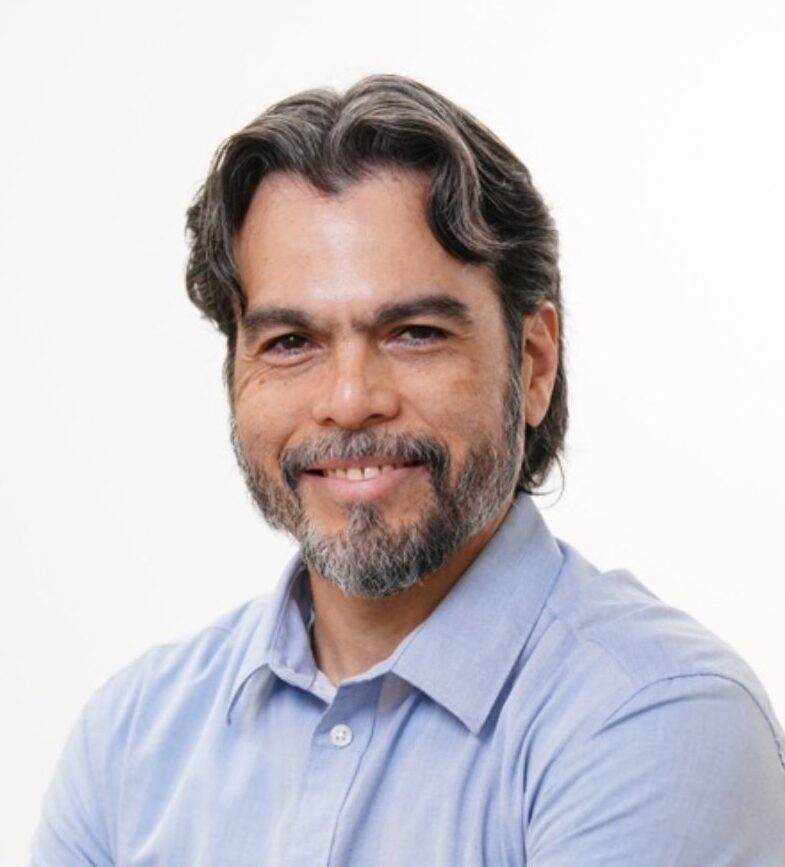
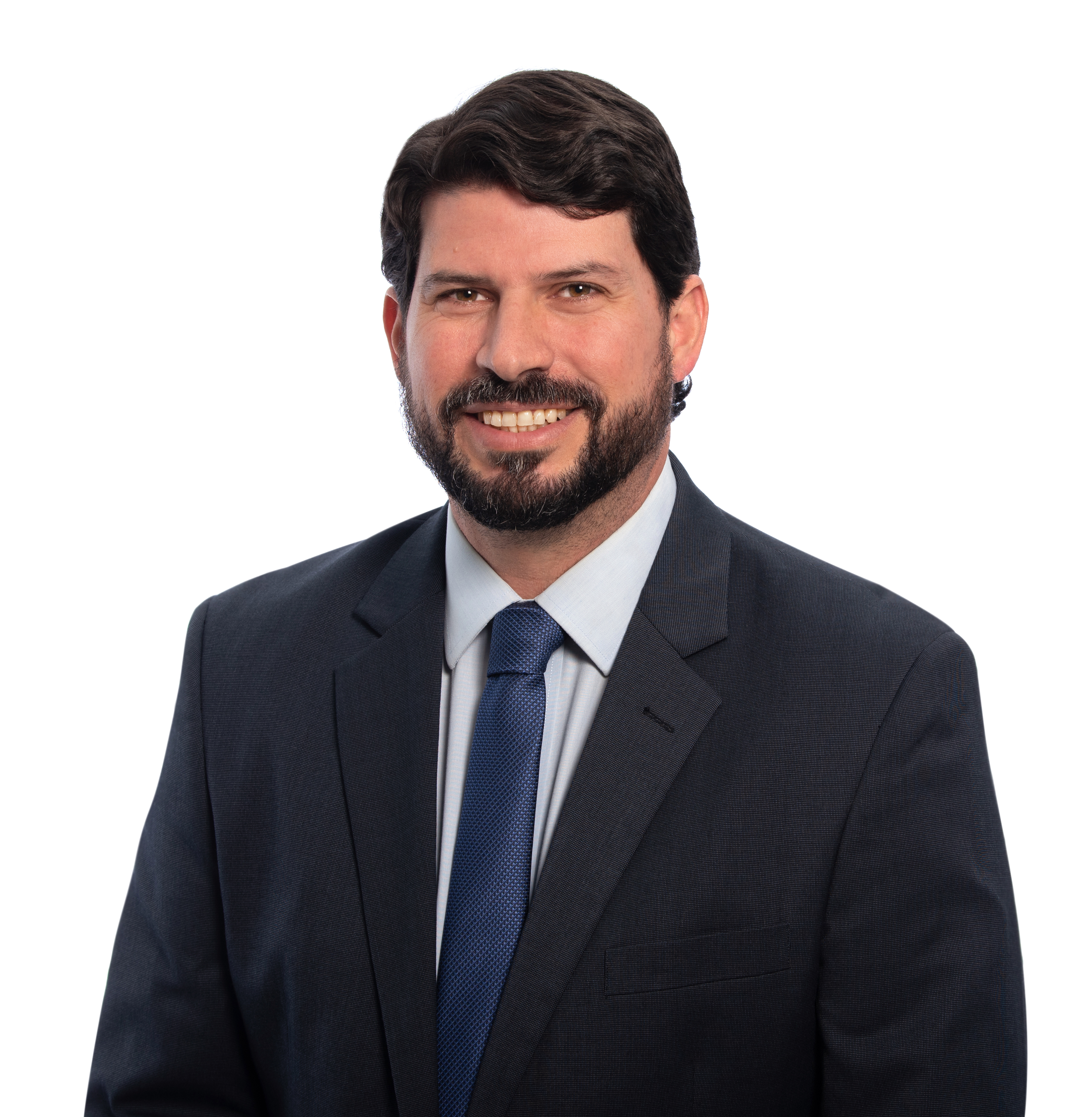

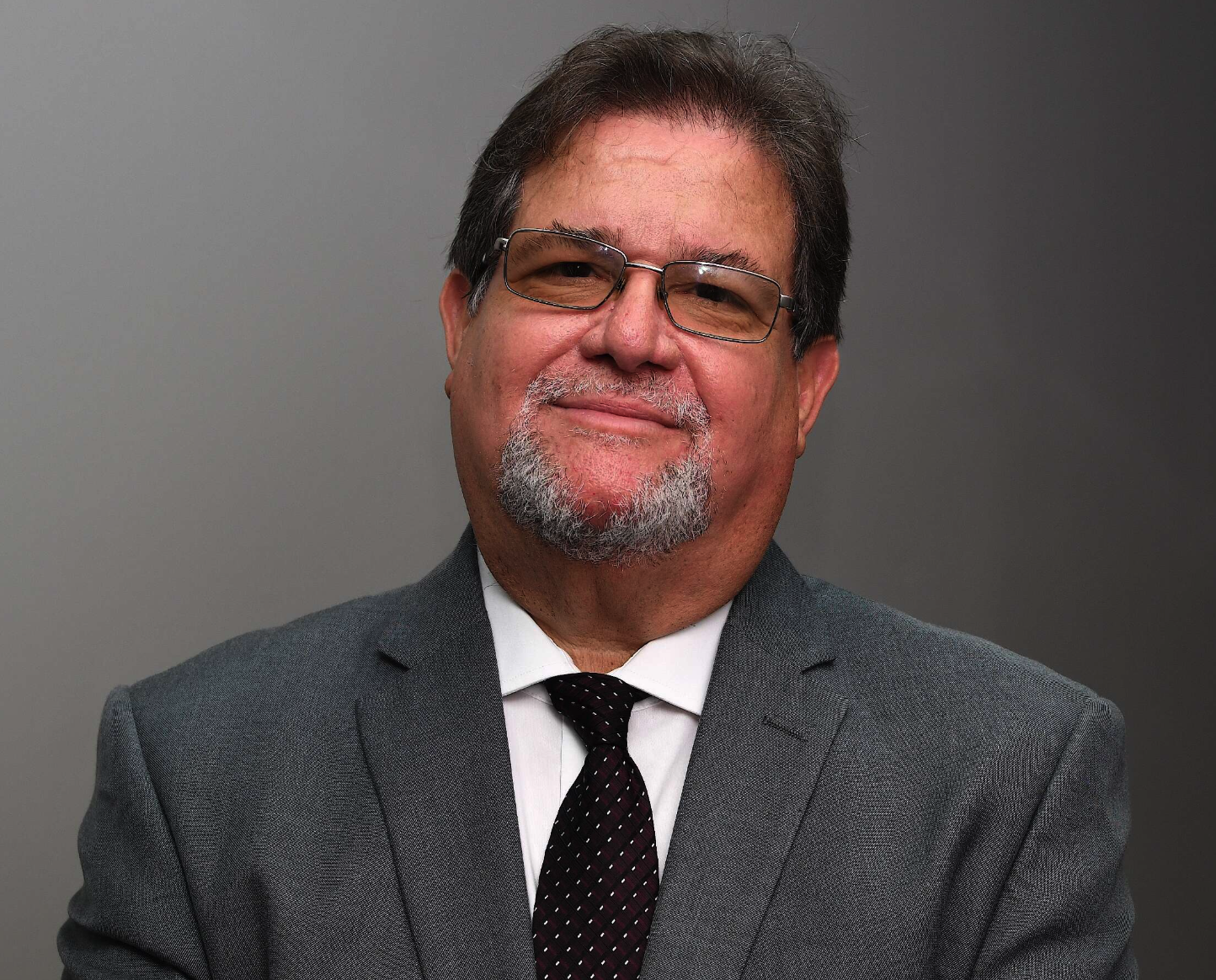
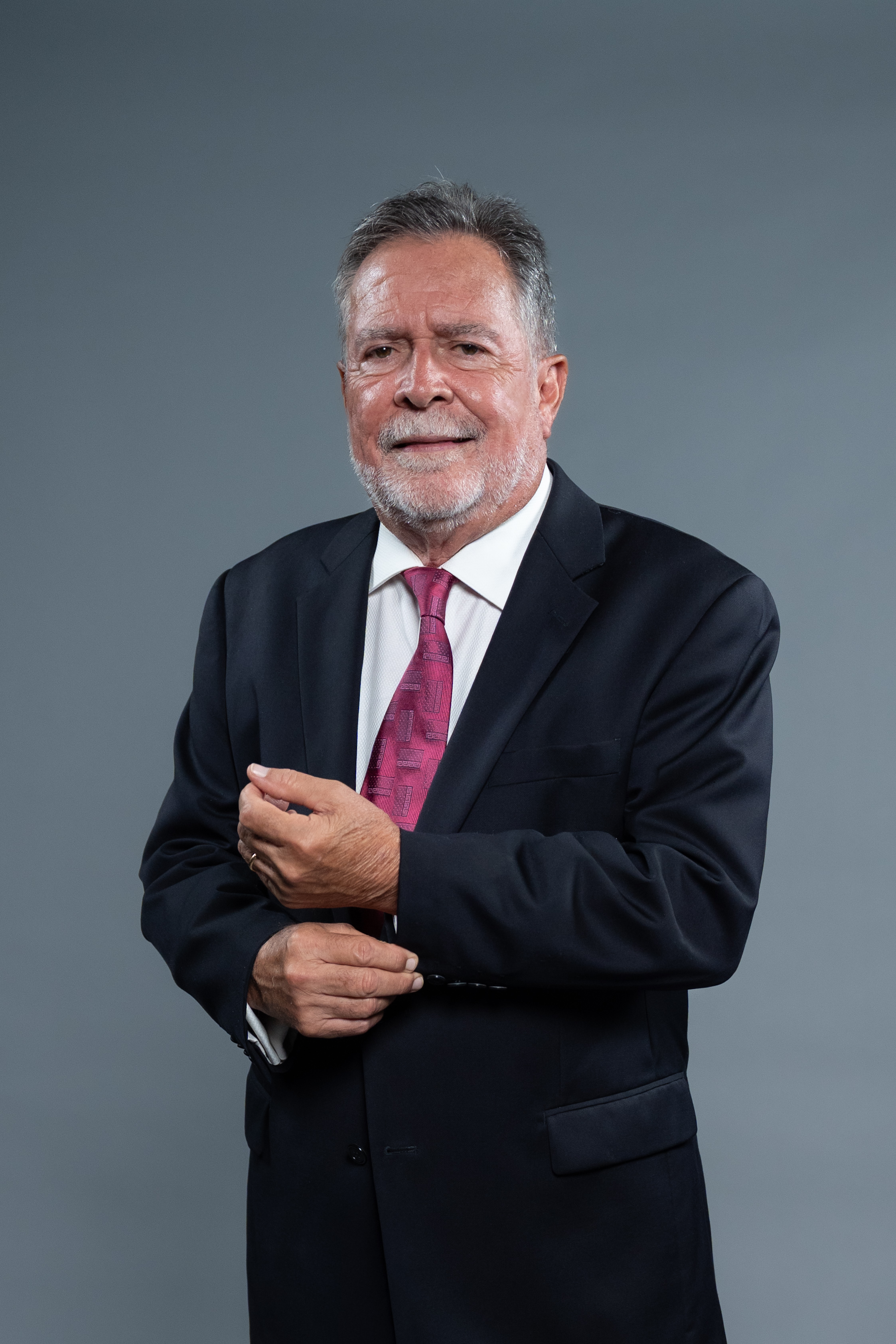
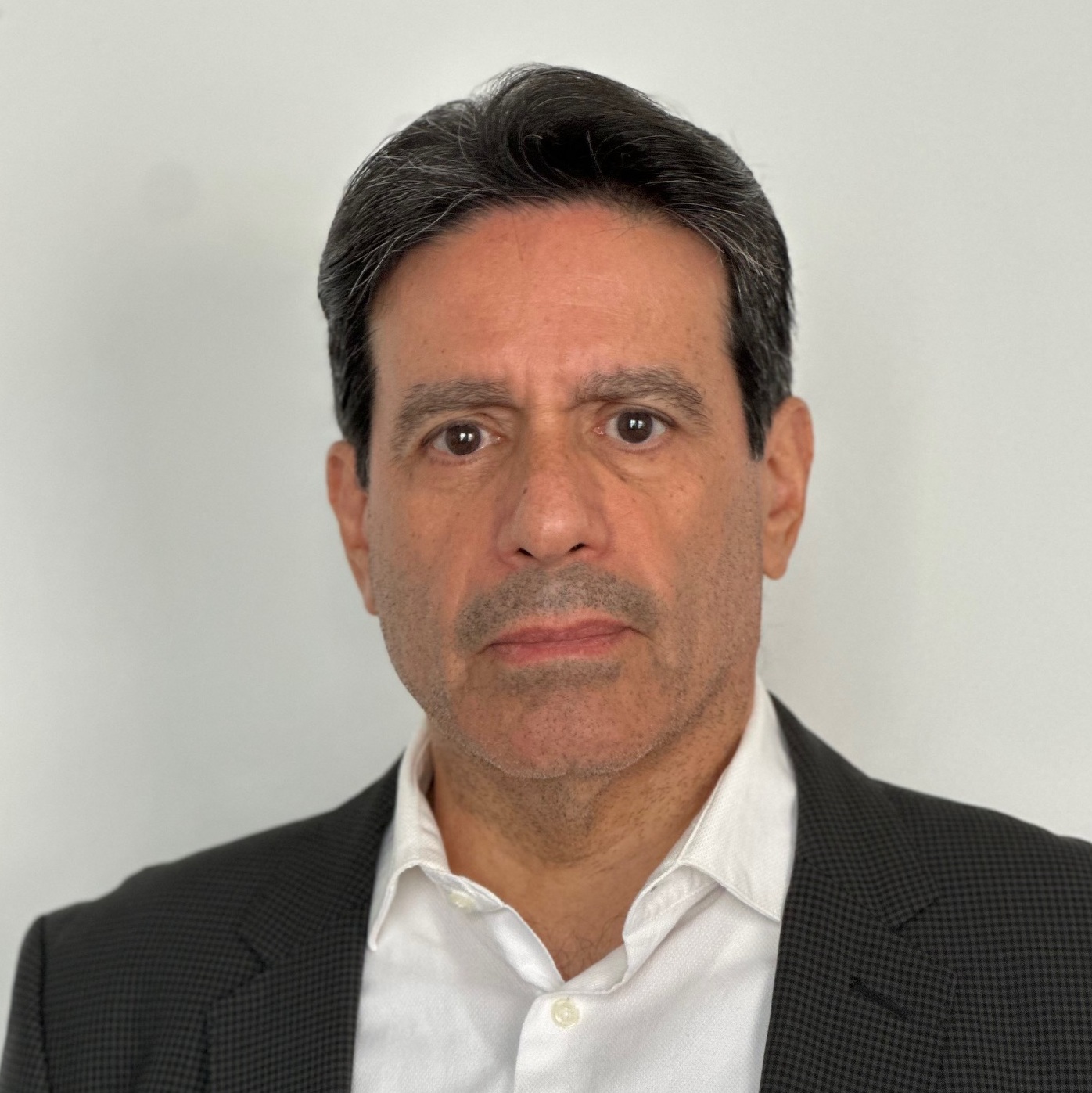
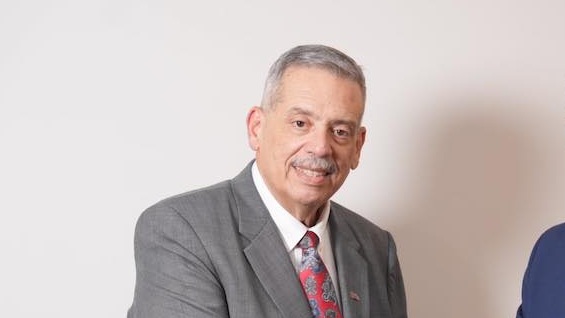

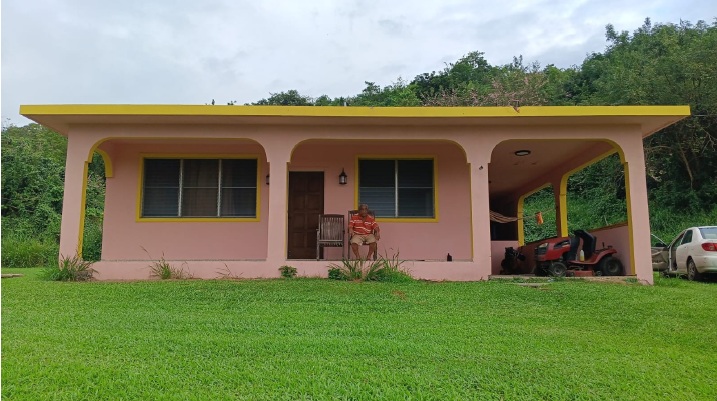
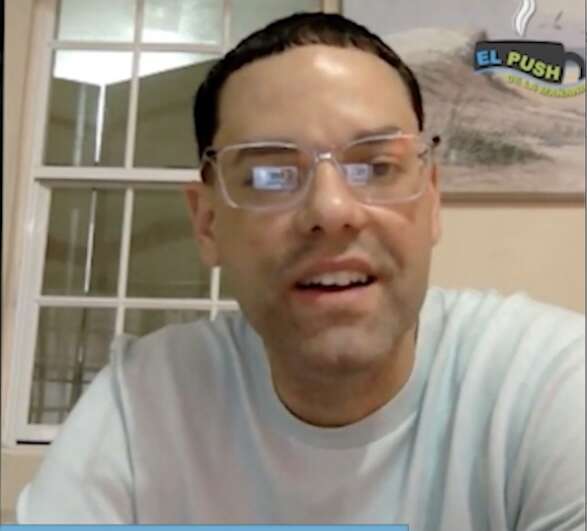
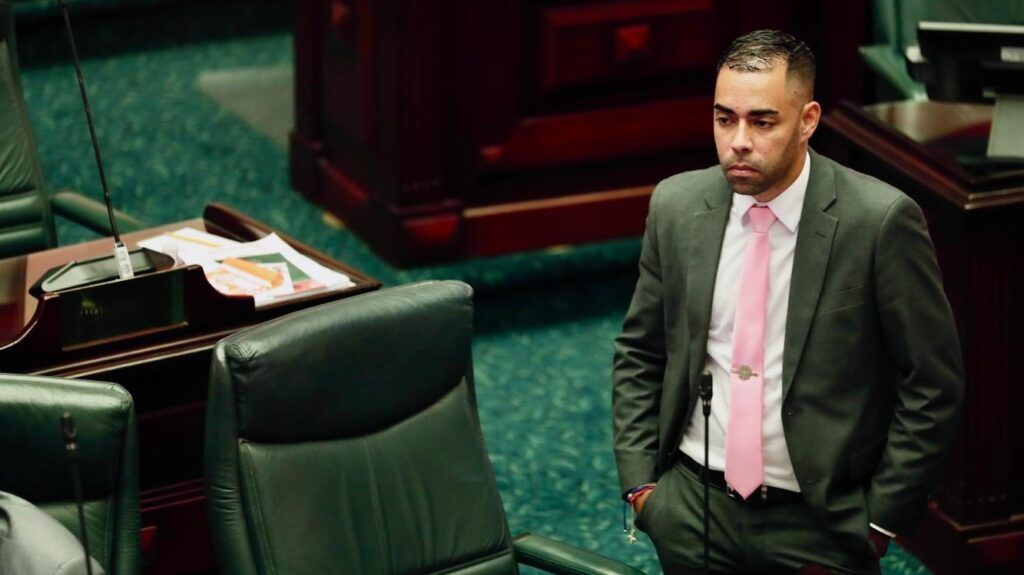
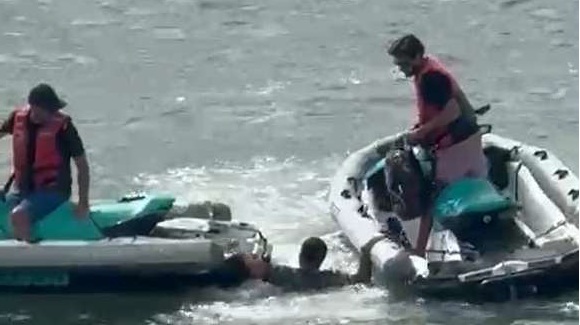


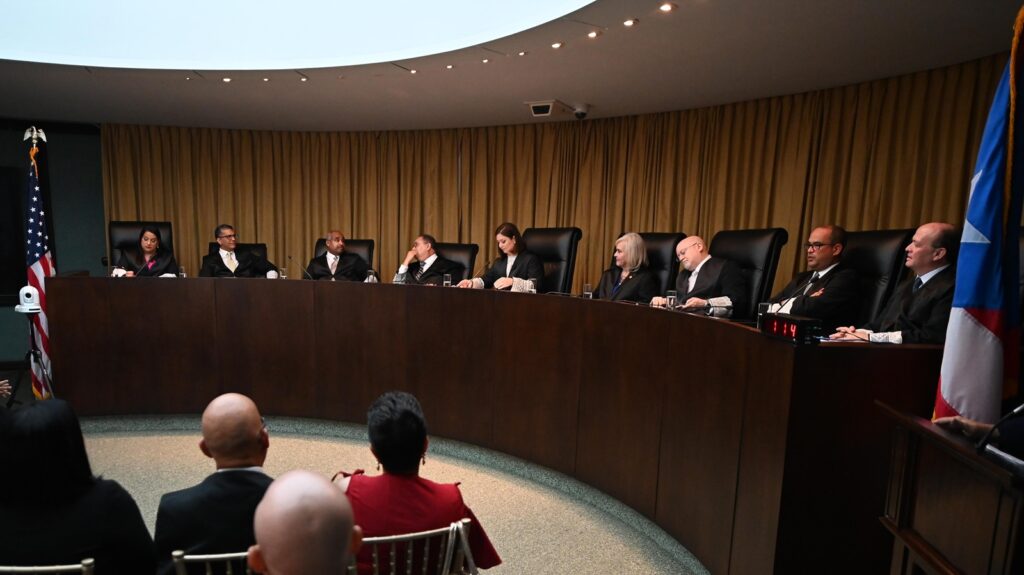

Comentarios {{ comments_count }}
Añadir comentario{{ child.content }}